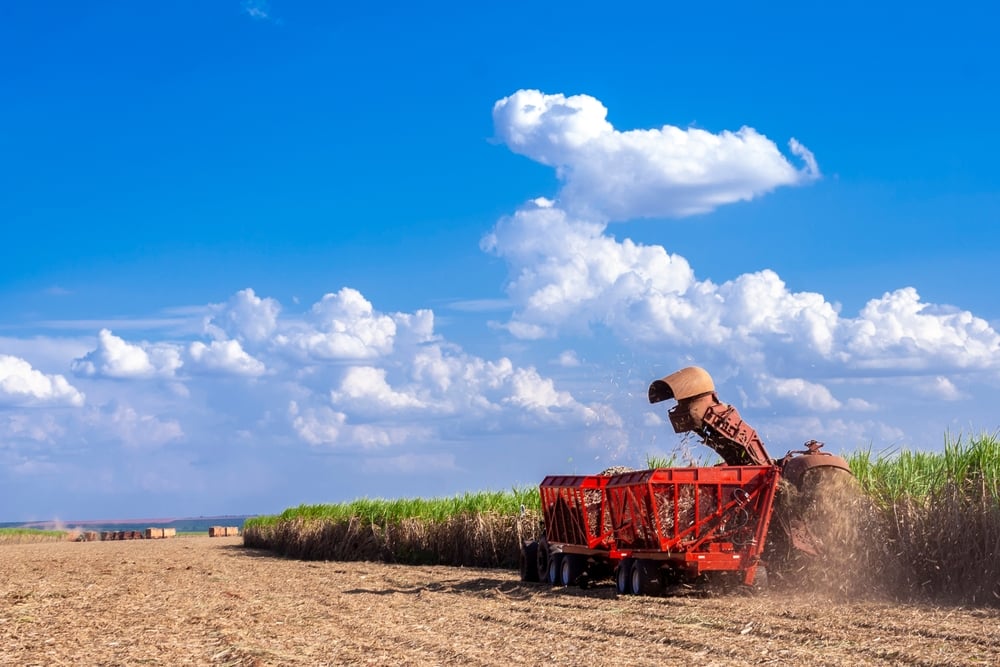🎯 Bolsonaro and the coup plot
Bolsonaro and the coup plot. Lula and Xi meet again. Congress passes carbon market regulations



Nov 20, 2024
•
12 min read
You’re missing out on the full story
Get smarter on Brazil and Latin America
Enjoy 7-day free trial now!The full picture. The sharpest takes. All in your inbox, every day:
- 🏆 Award-winning journalism, trusted worldwide
- 📊 Exclusive charts and analyses
- 🗃️ Archive access
- 💬 Commenting







